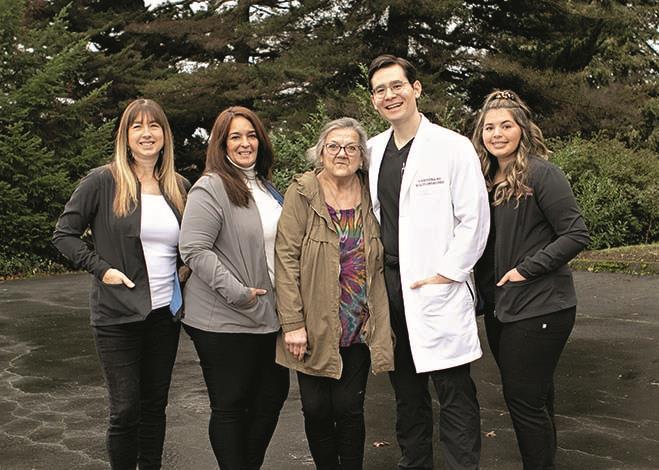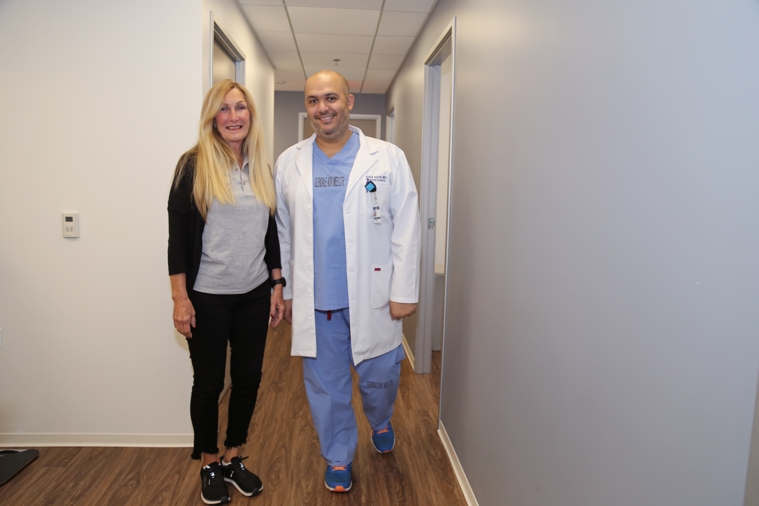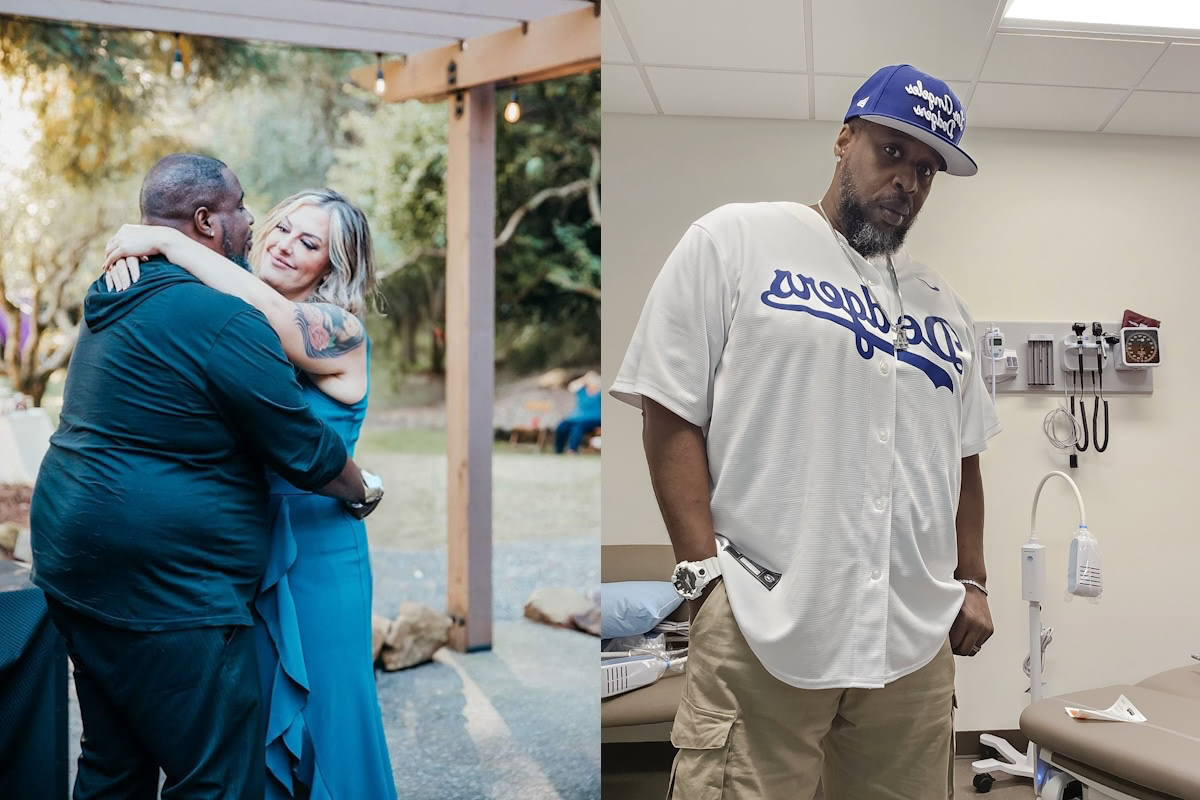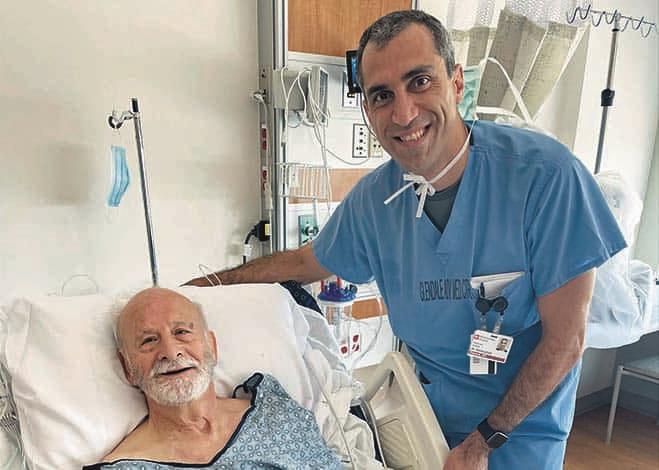Howard Memorial Paralysis Patient Fights to Stay Mobile
Feb 2, 2022

When Kathryn Popelka visited Adventist Health Howard Memorial complaining that she’d lost feeling in her limbs, she wasn’t sure what was wrong. Though the Humboldt County resident hadn’t been in a car accident or had a bad fall, she suddenly noticed that when she pinched the skin on her hands, shoulders and legs, she felt nothing.
“I could no longer function normally,” Popelka says. “I was losing feeling in my hands, arms and legs. I was scared that if I did not do something right away, I wouldn’t be able to walk.”
After reviewing extensive X-rays of her spine, Yoshihiro Katsuura, MD, a spine surgeon at Adventist Health Howard Memorial, told Popelka that she had cervical stenosis (constriction) causing damage to the spinal cord. “This happens when one vertebra slips into another, causing compression on the spinal cord,” Dr. Katsuura says. “It’s a gradual process, but with time, the signals between the brain and body became disconnected.”
A plan of action
Spinal cord damage is irreversible, so Dr. Katsuura and his team had to act quickly. “There’s no way to regenerate the spinal cord when it’s damaged. All we can do is stop the problem from getting worse,” Dr. Katsuura says.
He recommended posterior spinal fusion, an operation in which he would insert screws into Popelka’s vertebrae to anchor them and relieve the pinching on her spinal cord. Although there are risks with any surgery, the stakes are higher when the spine is involved.
“Dr. Katsuura said that there was still a risk that I could end up in a wheelchair, but that this operation might result in me being able to walk again,” Popelka recalls. “I trusted him, so we went for it.”
Encouraging recovery
After the procedure, Dr. Katsuura recalls that he and Popelka noticed immediate improvement. “The difference was night and day,” he says. “She regained some strength immediately and started to recover well.”
Still, the road to full recovery was complicated. Popelka spent months in rehabilitation, where she essentially relearned to walk with the help of Adventist Health’s physical therapists. “After six months, I was home and using a walker,” she says. “I was so happy to be able to move on my own.”
Though she had faced the possibility of being wheelchair-bound for life, Popelka walked on her own just nine months after her operation, and at 12 months, she went on a stroll with Dr. Katsuura. “I am so thankful for how far I’ve come, and for the entire team at Adventist Health Howard Memorial,” she says. “Every day, I get better and stronger.”
How is your spine?
Although spinal cord damage can happen after a car accident or a traumatic fall, slowly evolving injuries are far more common, says Yoshihiro Katsuura, MD, a spine surgeon at Adventist Health Howard Memorial. “These injuries develop over many years or even decades, with discs, ligaments and joints wearing down over time,” he explains. “If we can identify an injury early, we can prevent irreversible spinal cord damage.”
Dr. Katsuura recommends talking to your doctor if you experience symptoms that may indicate a degenerative, or slowly progressing, spinal injury:
• Lack of coordination or feeling off balance
• Loss of sensation or weakness in the arms, legs or hands
• Feeling of instability in the neck or spine
• Sudden urinary incontinence
• Loss of fine motor dexterity (such as worsening handwriting or inability to button up shirts)
Talk to an orthopedic expert: to request an appointment and find out whether you are a candidate for orthopedic surgery, call 707-456-3062.


